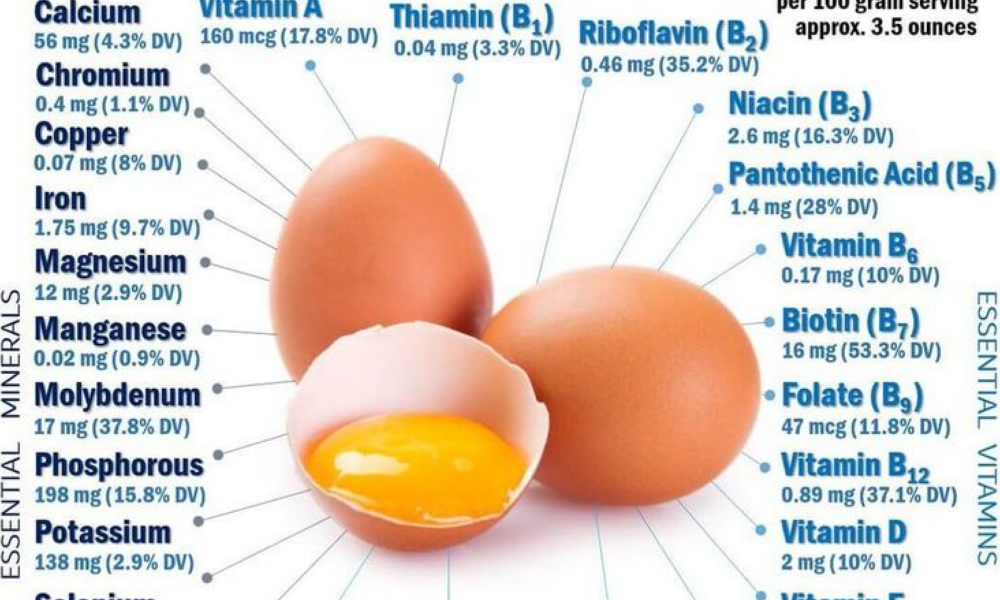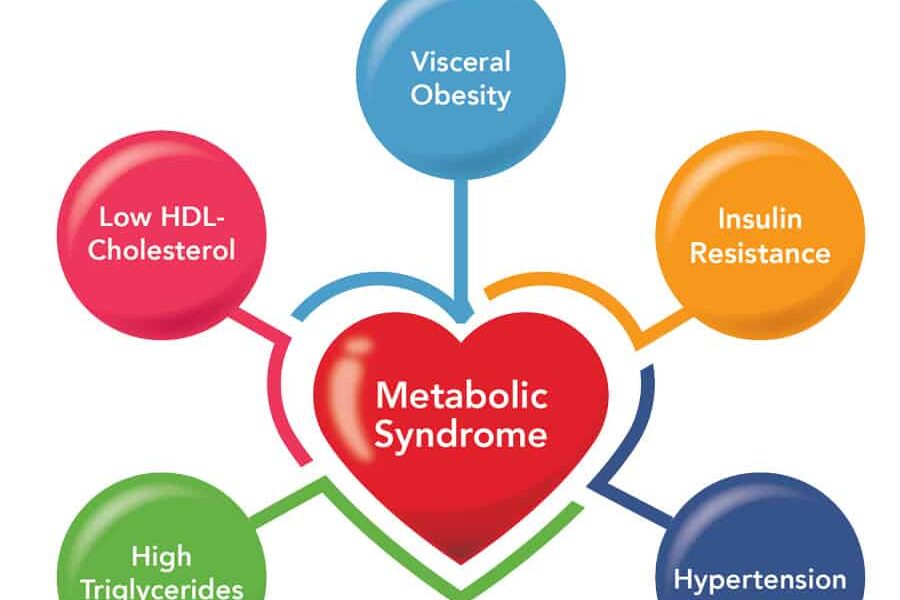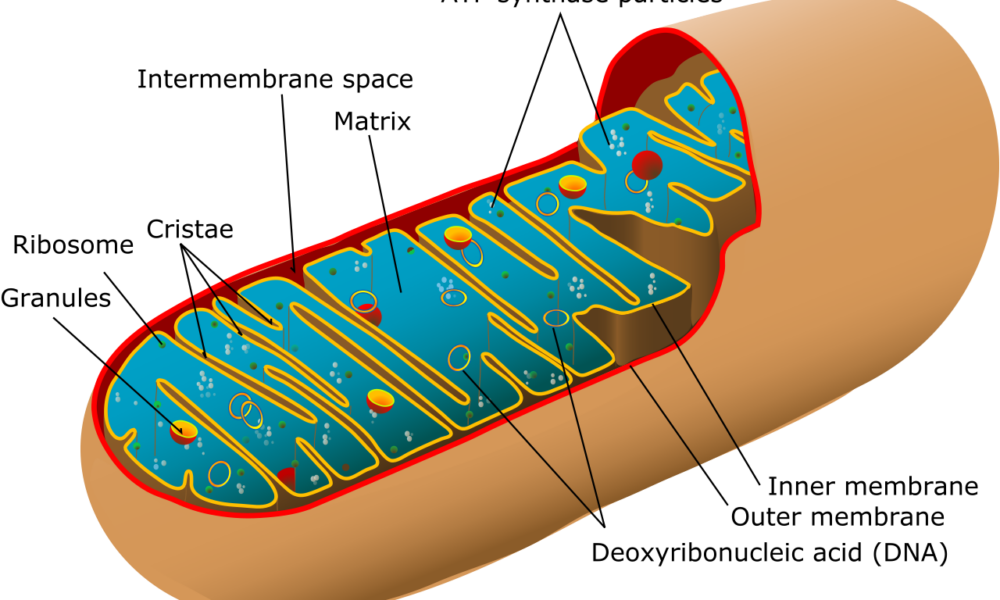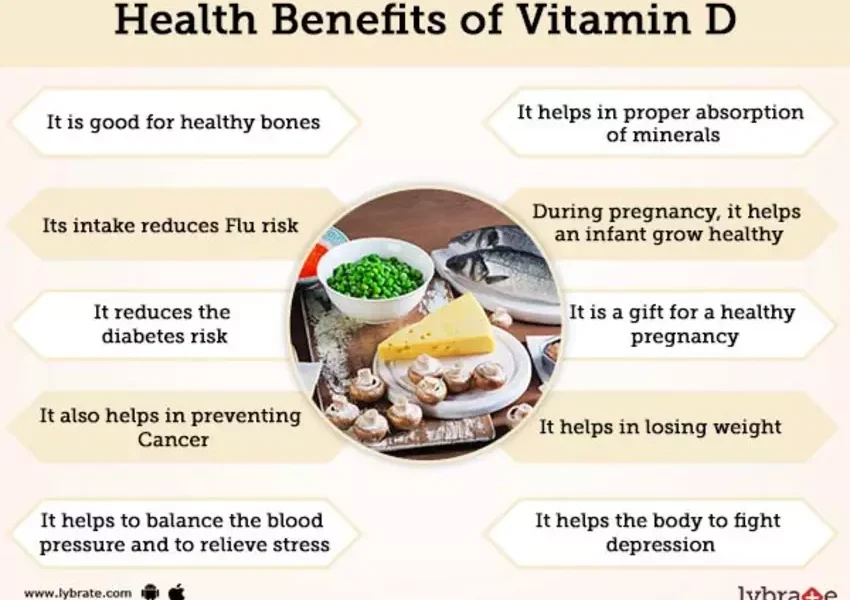- Home
- About
- Portfolio
Crush the Match – Medical School and Residency Platform
Food¢ense – Curbing Childhood Obesity and Food Waste
HealthStack – Shared and Jailed HIPAA Hosting $50
Marta Care – Let Us Help When You Can’t
MD Idea Lab – We Build Prototypes for Doctors
Nervcell – The Healthcare Web Browser
Patient Keto – Personalized Keto Medicine and Telehealth
SwipeChart – Rapid EMR Interface
Treatment Scores – Quantifying the Science of Medicine
Treatments – Diagnosed. Now What?
VIDRIO – Google Glass and EMR Interface
- Blog
- Contact
Author: Stephen Fitzmeyer, MD
M.D. with two postdocs in Clinical Informatics, one as the Ruth L. Kirschstein NIH NRSA Informatics Fellows at Boston Medical Center and the other as an Advanced Medical Informatics Fellow at the Boston VA Healthcare system. Dr. Fitzmeyer is the founder of Warp Core Health and Jax Code Academy.
Safeguarding Patient Privacy: The Crucial Intersection of Cybersecurity and HIPAA in Medicine and Health Informatics
Introduction
In the age of digital health, where electronic health records (EHRs) and telemedicine are becoming increasingly integral to the healthcare industry, the importance of safeguarding patient data is paramount. Cybersecurity and the Health Insurance Portability and Accountability Act (HIPAA) play pivotal roles in maintaining the privacy and security of healthcare information. In this article, we explore the crucial intersection of cybersecurity and HIPAA in medicine and health informatics.
Cybersecurity in Healthcare
Cybersecurity in healthcare is a complex and evolving field. It encompasses the measures and practices used to protect healthcare data from unauthorized access, breaches, and other malicious activities. With healthcare information becoming more digital, the stakes are higher than ever, as a breach can have severe consequences for both patients and providers. Here are some key aspects of cybersecurity in healthcare:
Data Encryption: Secure communication and data storage is vital. Encryption ensures that patient data remains confidential, even if intercepted.
Access Control: Restricting access to patient data is fundamental. Implementing role-based access controls ensures that only authorized personnel can access specific information.
Regular Audits and Monitoring: Continuous monitoring and regular audits help detect and address potential vulnerabilities in the healthcare system.
Incident Response: Being prepared for data breaches is critical. A robust incident response plan can minimize damage and protect patient data.
Employee Training: Human error is often the weakest link in cybersecurity. Training healthcare staff to recognize and prevent security threats is essential.
HIPAA and Its Role
HIPAA, enacted in 1996, is the cornerstone of patient data protection in the United States. It sets standards for the security and privacy of health information, regulates its transmission and storage, and imposes penalties for violations. HIPAA consists of two main rules:
Privacy Rule: This rule defines how patient information can be used and disclosed. It gives patients control over their health information and sets limits on its use by healthcare providers and others.
Security Rule: The Security Rule complements the Privacy Rule by establishing standards for the security of electronic health information. It outlines administrative, physical, and technical safeguards that covered entities must implement to protect health data.
The Intersection of Cybersecurity and HIPAA
Cybersecurity and HIPAA are intrinsically linked. HIPAA’s Security Rule compels healthcare organizations to implement specific cybersecurity measures to protect patient data. Compliance with the Security Rule is not optional; it is a legal obligation for any entity handling electronic protected health information (ePHI). Here’s how these two aspects intersect:
Security Safeguards: Healthcare providers must adopt cybersecurity practices that align with HIPAA’s technical safeguards, including access control, encryption, and audit controls.
Incident Response: HIPAA mandates that healthcare organizations have an incident response plan. Cybersecurity practices are essential in preparing for and mitigating breaches, which must be reported under HIPAA.
Penalties and Enforcement: HIPAA violations can result in significant fines. By following robust cybersecurity practices, healthcare organizations can reduce the risk of penalties and protect patient data.
Conclusion
In an era of technological innovation, the security and privacy of patient information in medicine and health informatics are non-negotiable. The intersection of cybersecurity and HIPAA serves as the linchpin for ensuring that healthcare organizations meet their ethical and legal obligations to protect patients’ most sensitive data. With the continued evolution of healthcare technology, it is imperative that healthcare providers remain vigilant in their commitment to cybersecurity and HIPAA compliance to maintain patient trust and data integrity in the digital age.
Navigating the Ketogenic Diet with Intermittent Fasting for Type 1 Diabetics: A Safe Approach to Managing Blood Sugar with Modern Technology
Introduction: Embracing a ketogenic diet, characterized by low carbohydrate intake and high fat consumption, along with intermittent fasting (IF), holds potential health benefits. But what about individuals with Type 1 Diabetes who rely on insulin for blood sugar management? Can they safely adopt a ketogenic lifestyle? In this article, we will explore how individuals with Type 1 Diabetes can safely navigate a ketogenic diet with the inclusion of intermittent fasting, ensuring stable blood sugar control and optimized health outcomes. With modern technology, such as the t:slim X2 Insulin Pump, monitoring blood sugars has become easier than ever.
Understanding Type 1 Diabetes and the Ketogenic Diet: Type 1 Diabetes is an autoimmune condition where the pancreas fails to produce sufficient insulin, resulting in high blood sugar levels. Traditionally, carbohydrate counting and insulin dosing have been vital for managing blood sugar. However, the ketogenic diet offers an alternative approach by minimizing carbohydrate intake, which can help stabilize blood sugar levels and reduce the need for large insulin doses.
Safely Adopting the Ketogenic Diet:
- Consult with Healthcare Professionals: Seek guidance from your healthcare team, including a registered dietitian and endocrinologist, to ensure a safe and effective transition to a ketogenic diet with intermittent fasting. They can provide personalized advice and help adjust insulin doses accordingly.
- Utilize Modern Technology: Take advantage of modern technology, such as the t:slim X2 Insulin Pump, which makes monitoring blood sugars easier than ever. This pump offers advanced features like continuous glucose monitoring (CGM) integration, insulin delivery adjustments, and data tracking, allowing for better management of blood sugar levels.
- Monitor Blood Sugar: Regularly monitor your blood sugar levels, especially during the initial stages of transitioning to a ketogenic diet. Frequent testing, combined with the convenience of devices like the t:slim X2 Insulin Pump, helps identify trends, make necessary insulin dose adjustments, and modify your diet accordingly.
- Individualized Carbohydrate Intake: Work with a registered dietitian experienced in managing diabetes to determine the appropriate carbohydrate limit for your specific needs, considering factors such as insulin sensitivity, activity levels, and overall health.
- Timing of Meals and Insulin: Intermittent fasting can be incorporated into the ketogenic diet, but it requires careful planning. Collaborate closely with your healthcare team to determine the best fasting and eating windows while considering insulin requirements and blood sugar control.
Benefits of Ketogenic Diet with IF for Type 1 Diabetics:
- Blood Sugar Stability: By reducing carbohydrate intake, individuals with Type 1 Diabetes may experience more stable blood sugar levels, reducing the risk of extreme highs and lows.
- Improved Insulin Sensitivity: The combination of a ketogenic diet and intermittent fasting may improve insulin sensitivity, making it easier to manage blood sugar levels and potentially reducing the need for high insulin doses.
- Weight Management: The ketogenic diet, coupled with intermittent fasting, may aid in weight management, which is beneficial for individuals with Type 1 Diabetes who may be at a higher risk of weight fluctuations.
- Potential for Fewer Complications: Maintaining stable blood sugar levels and reducing the need for high insulin doses may lower the risk of long-term complications associated with Type 1 Diabetes.
Conclusion: While the ketogenic diet and intermittent fasting hold potential benefits for individuals with Type 1 Diabetes, it is crucial to approach them with caution and under the guidance of healthcare professionals. With modern technology, such as the t:slim X2 Insulin Pump, monitoring blood sugars has become easier than ever, allowing for better control and management. Working closely with your healthcare team, including a registered dietitian and endocrinologist, will ensure a safe and effective transition to a ketogenic diet with intermittent fasting. Together, you can develop an individualized plan that considers your insulin requirements, blood sugar levels, and overall health goals. With the right support and modern tools at your disposal, it is possible for individuals with Type 1 Diabetes to safely embrace a ketogenic lifestyle and experience the potential benefits it offers in blood sugar management and overall well-being.
Author: Dr. Stephen Fitzmeyer, M.D.
Physician Informaticist
Founder of Patient Keto
Founder of Warp Core Health
Founder of Jax Code Academy, jaxcode.com
Connect with Dr. Stephen Fitzmeyer:
Twitter: @PatientKeto
LinkedIn: linkedin.com/in/sfitzmeyer/









